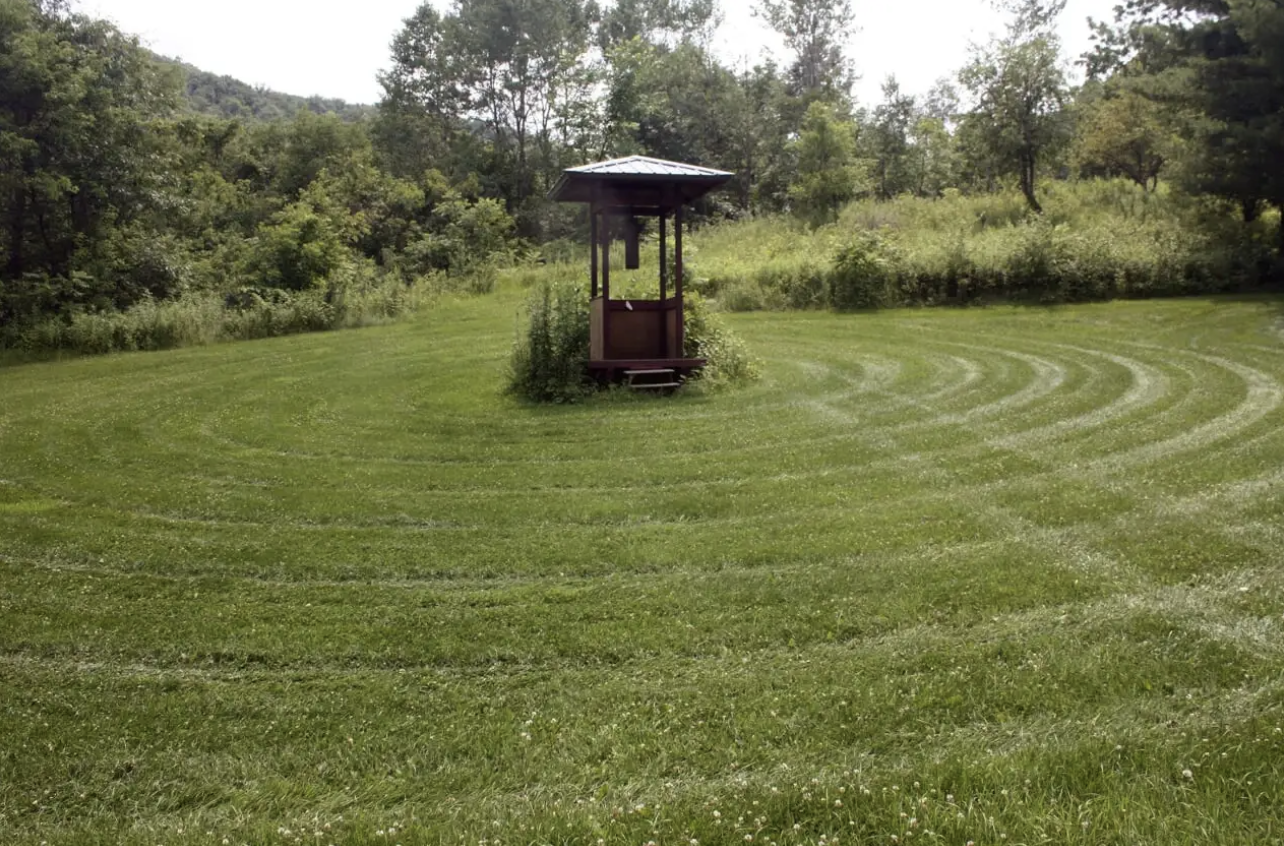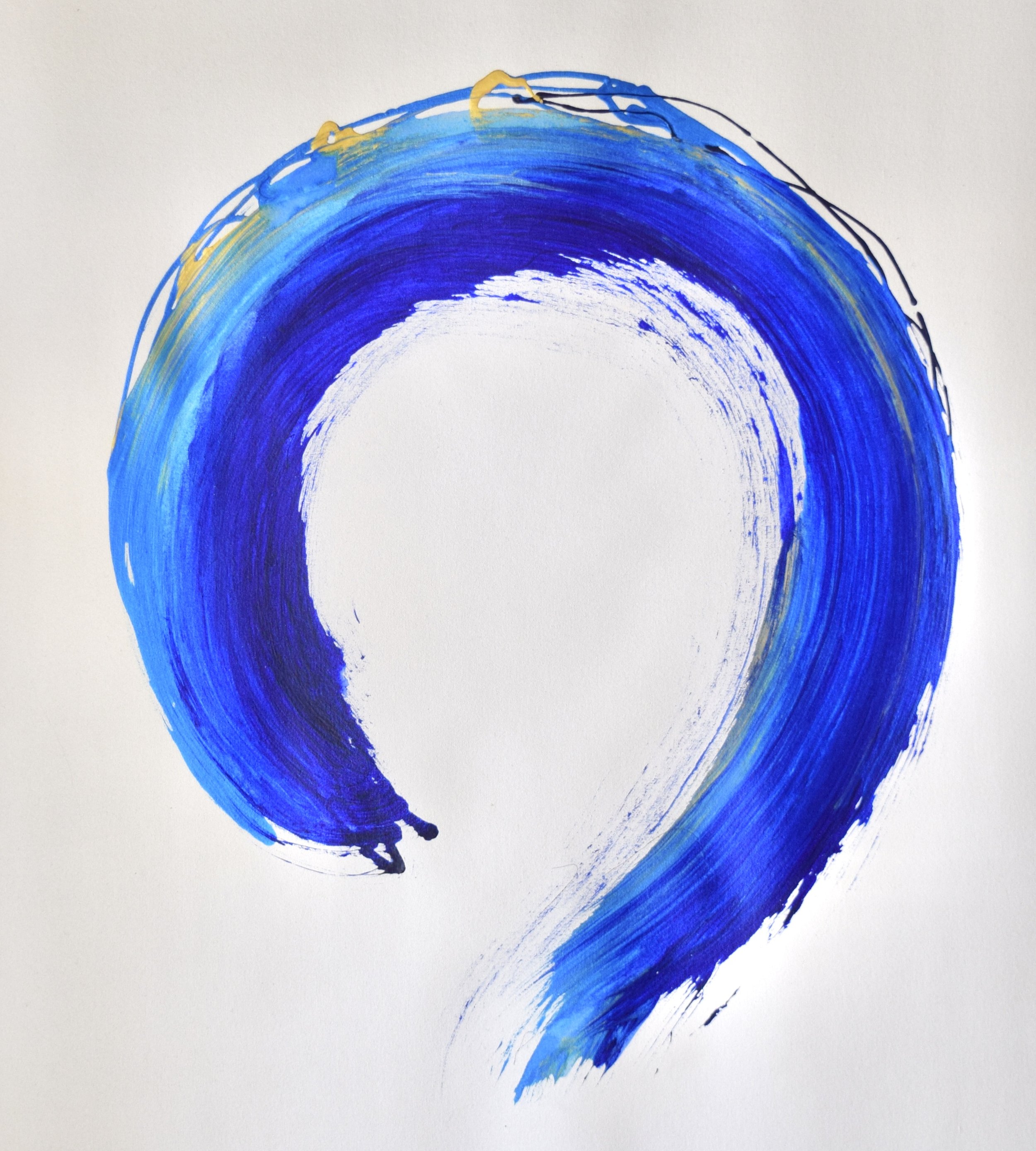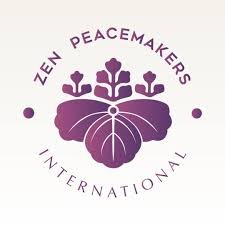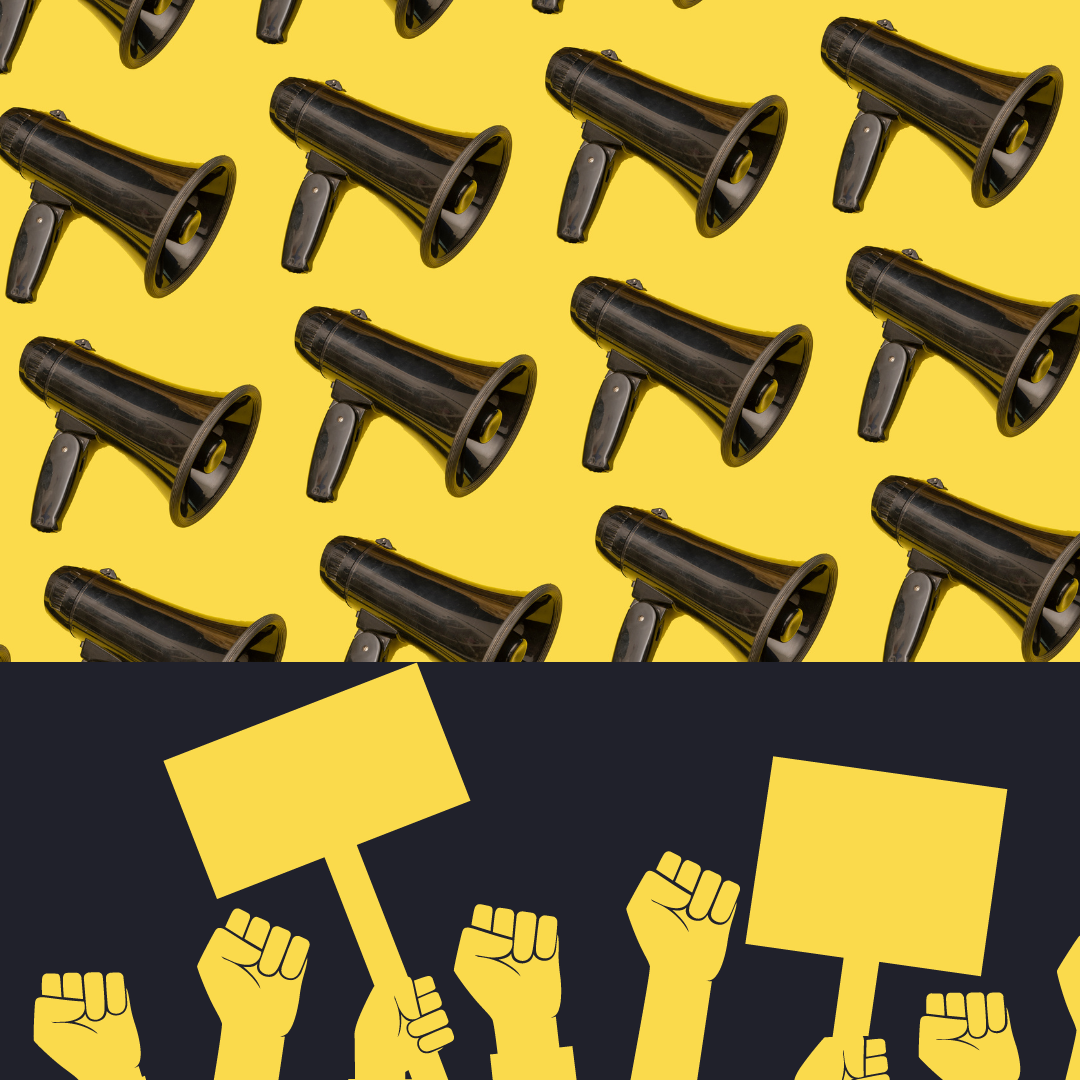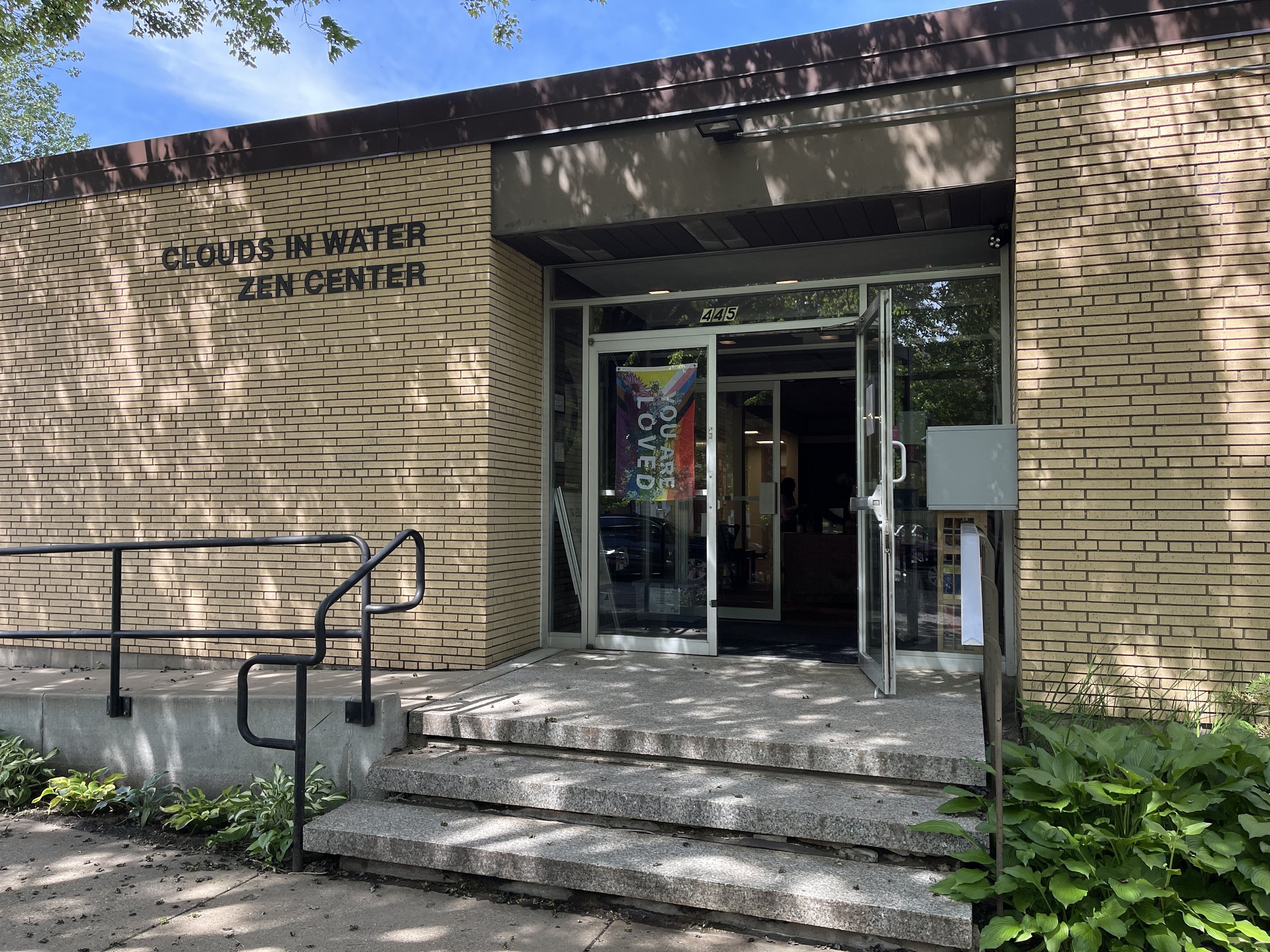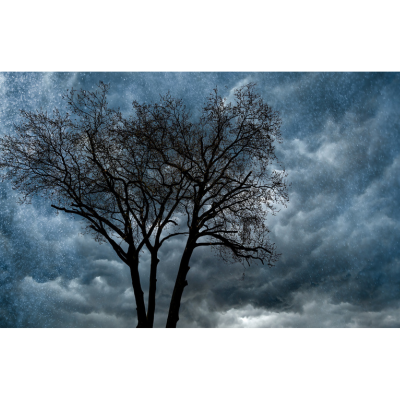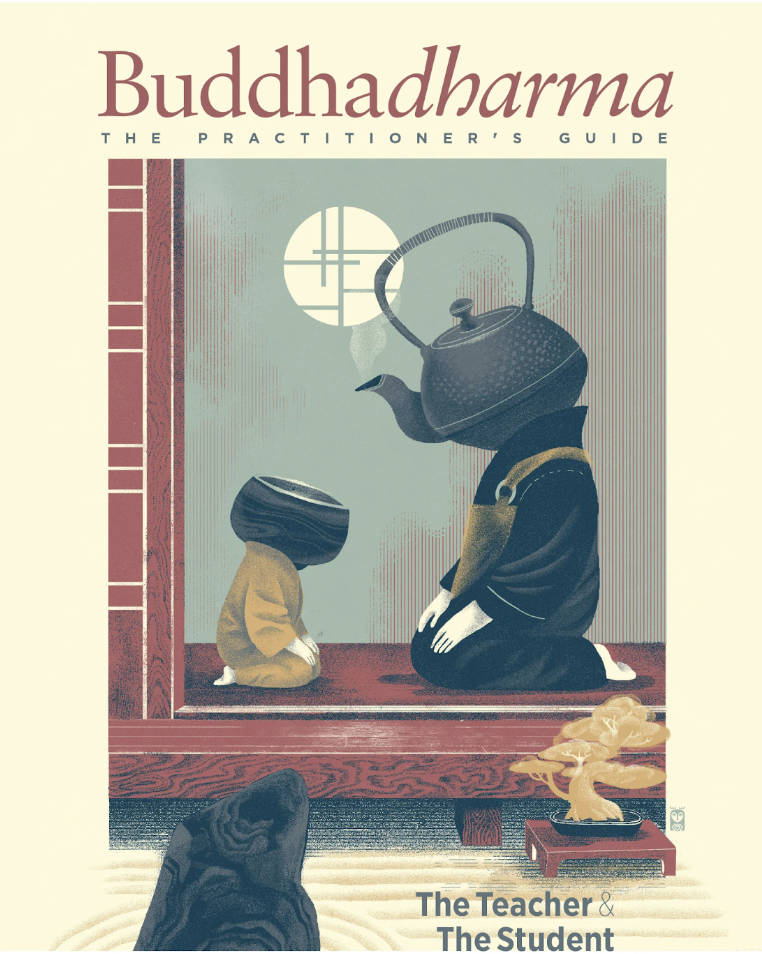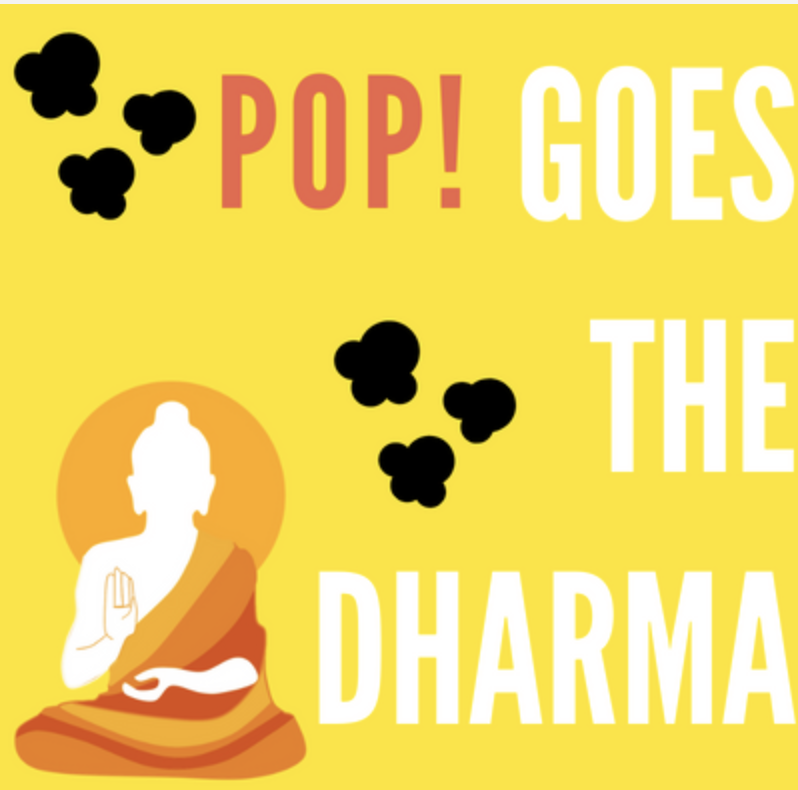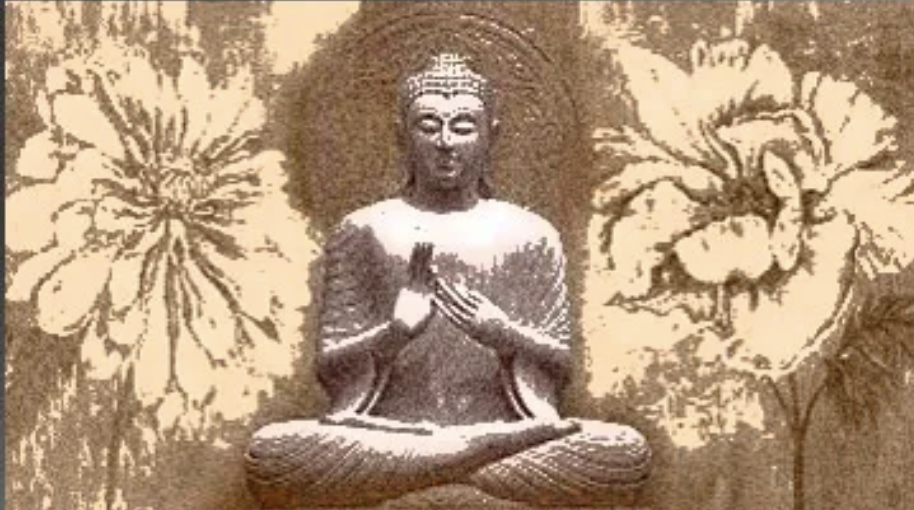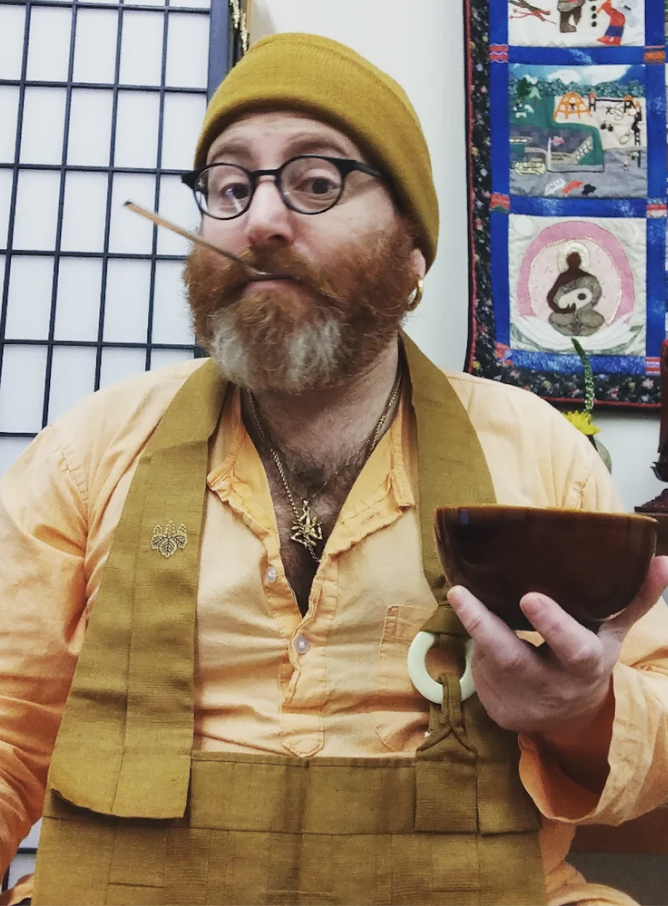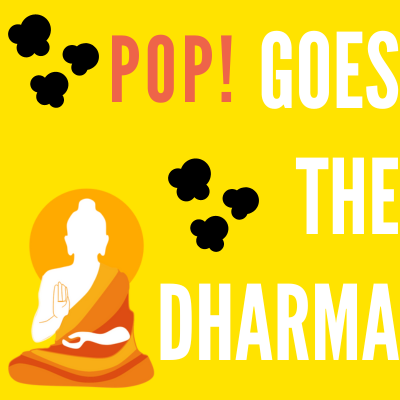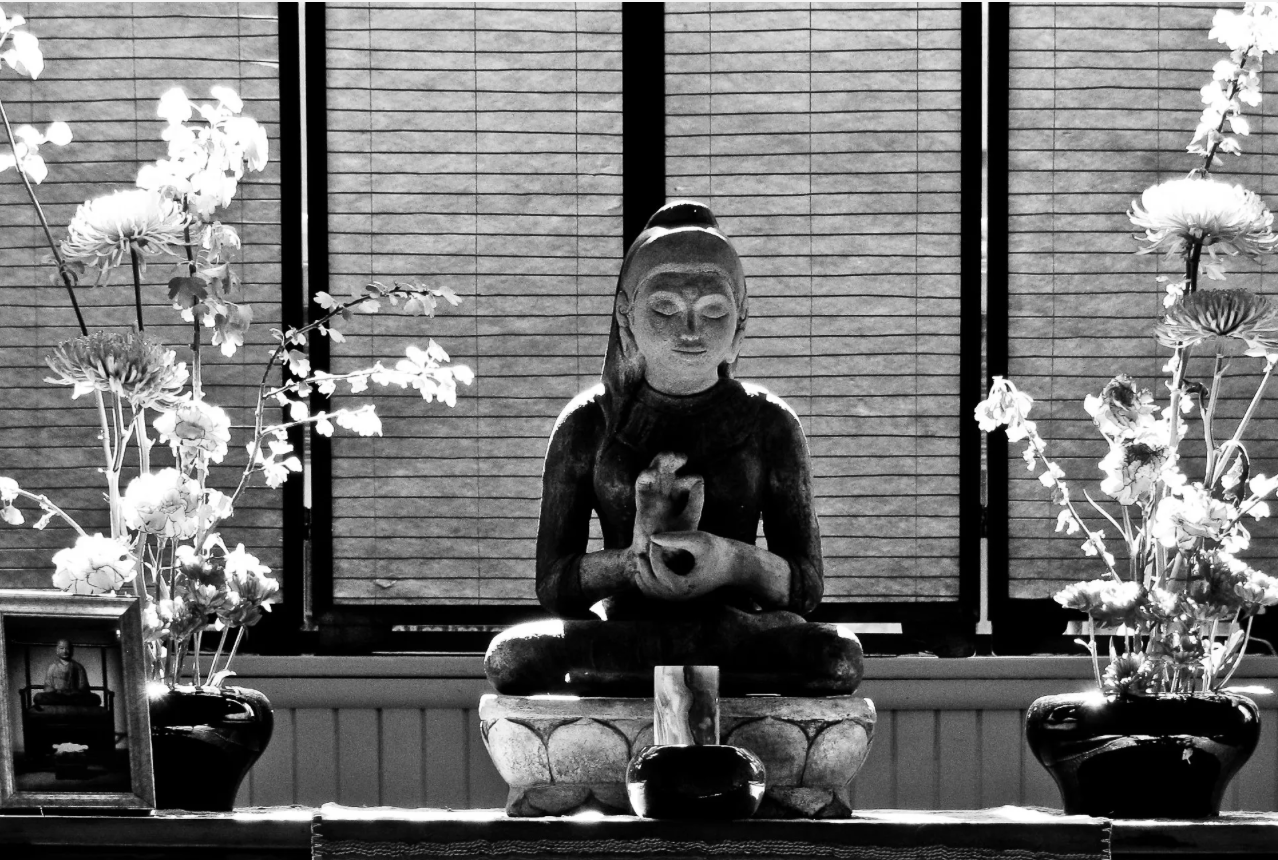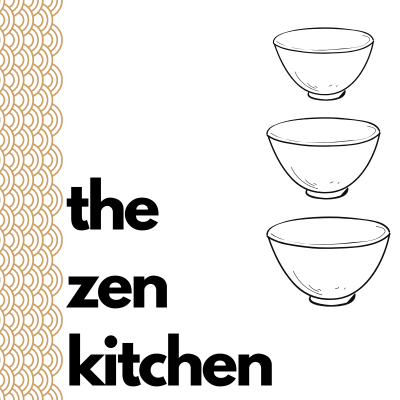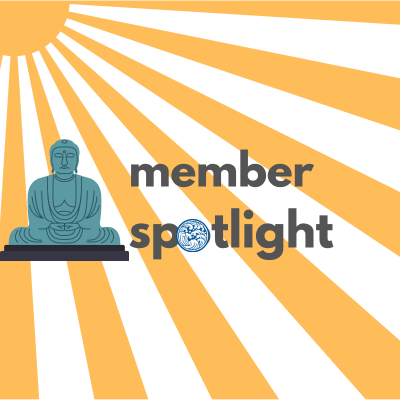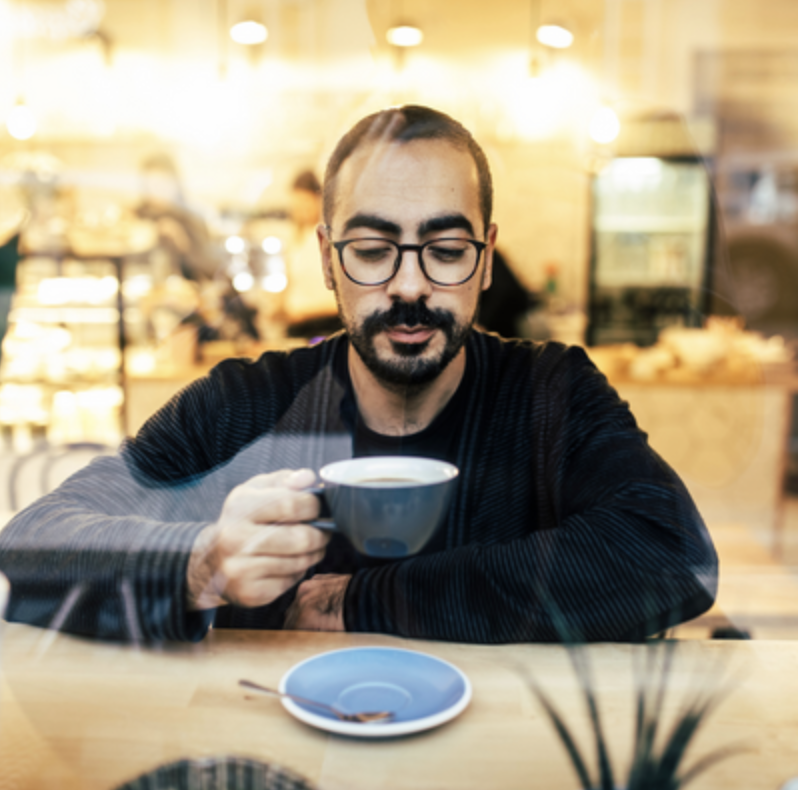
Community
Blog
Featured Posts
From The Vault:
May I Rest in Not Knowing by Flying Fish Barbara Murphy
Life is Perfect, Just As It Is by Jūken Zach Fehst
Newer Posts
Re-post of Zenshin Florence Caplow’s 10 Things To Support Us In These Times
Is Sōtō Zen Practice Actually Useful Right Now? by Jinzu Minna Jain
Our Responsibility as Buddhist Practitioners to Engage in the Political Realm by Sosan Theresa Flynn
Our Member Spotlight Roundup - read interviews with our members! Updated regularly.
Daily, we are witnessing onslaughts on basic human rights and disregard for the safeguards of good democracy. We may wonder, "As a Buddhist, how do I practice with all of this?"
Zen can be a means to build capacity to care for one another while stretching ourselves and the world to transform.
Combine this with our koan for the 2025 spring practice period, and you’ve set yourself up with some lovely contemplation in the coming months.
One of the things I love most about our tradition is that it’s the only religion whose central and uncompromising dogma is to accept nothing as dogma.
We share this not just to ask people to give, but for any expanded conversations about ongoing histories of race and place that complicate narratives on mainstream media.
This teaching is asking us to come close to all experiences – pleasant, unpleasant, neutral – and see what happens next when we don’t turn away.
I realized that Zen was not just something I wanted to do once in a while, but that it was something I wanted to be. It was not about my activities alone, but about my life.
Sangha members have repeatedly expressed value for this group as a uniquely safe spiritual and personal space in their lives.
Learn more about some of our BIPOC members and the work our community is doing to celebrate Black Zen.
How can we use mindfulness, as either members of an oppressed community or allies, to actively stand up against systems of oppression?
This place has been kept alive by the selfless service of steady practitioners. I hope to keep coming home to the heart of Hokyoji again and again so that I may feel the slight awakening of my own heart.
I’ve come to know Zen as intimacy. Going deep to really see, understand, feel, listen – and to do that in relationship with myself and sangha.
Most aspects of my life are improved by Not Knowing, and I have a hunch that this might be true for the planet as a whole.
By touching on many different ways of understanding this thing called whiteness, my hope is that each and every person in the room can pick up, sit with, chew on, and keep asking questions about those seeds that resonate with them the most. This is lifelong work.
Tidiness leads me to calm myself. When I see objects strewn all over the counter, my mind goes off in ten directions.
I was alone in the kitchen, preparing food with love and joy, cooking for Sangha members who had been, and are, teachers to me. The sun shone through the window, leaves shimmering, the faintest hint of incense, and there I was, slowly cutting that carrot.
I realized that Zen was not just something I wanted to do once in a while, but that it was something I wanted to be. It was not about my activities alone, but about my life.
A running list of our member spotlight interviews!
How to experience joy in every moment without bypassing the suffering present in every moment?
Can we also allow this to be a day set aside for gratitude for what we have, for those we love, and for those who we wish to be free of their suffering?
Our seeds of fear, anger, and delusion make the soil of our consciousness difficult to permeate.
The Chinese character for crisis can also be translated as opportunity.
Now, more than ever, it is important to be connected in community, taking refuge in the sangha jewel.
When you manage for even a moment to be free from the constant sorting of each aspect of experience into like/dislike, favorable/unfavorable, and so on, that exact moment is nirvana.
There can be an intellectual understanding of what Zen is but it doesn’t really penetrate into our whole lives deeply.
In Zen, freedom is not understood as a product of anything, certainly not of one's own efforts.
You don’t know when, but if you continue to practice, very naturally, that great enlightenment penetrates your life.
We can bring the practice into our bodies, or rather, bring consciousness of our bodies into our practice.
When my bearing witness is grounded in not-knowing and taking action, I feel less overwhelmed by my perceived lack of capacity to meet the problems of the world.
Giving-and-receiving has to do with realizing that we are not separate, that we cannot exist on our own.
This is not about who you vote for, but a call to action about how we as a community can show up during this time.
I want to share a couple of simple practices that help me release and relax, even in the midst of a busy life.
In Buddhism (our preconceived ideas of) "gain and loss" are considered two of the main things that continually drag us into unhappiness.
When I return to my seat for zazen in the early morning, I feel at home; settled, connected with myself and the world.
Consciousness gives us the ability to have an awareness of how our actions affect others and ourselves.
Through singing and communal expression, we find solace and strength in the present moment, transcending suffering through music and transforming pain into wisdom.
The way we do it here is that the teacher is more like the cup into which the student can pour out whatever they need to express so that they can find their way.
Sangha members have repeatedly expressed value for this group as a uniquely safe spiritual and personal space in their lives.
Learn more about some of our BIPOC members and the work our community is doing to celebrate Black Zen.
Welcoming Renkyo Heather Fehst as the new Executive Director of Clouds in Water.
How do we lean into our “yes” without abandoning our “no”?
There is nowhere to get to that is more important than the present moment.
How can we use mindfulness, as either members of an oppressed community or allies, to actively stand up against systems of oppression?
This place has been kept alive by the selfless service of steady practitioners. I hope to keep coming home to the heart of Hokyoji again and again so that I may feel the slight awakening of my own heart.
I’ve come to know Zen as intimacy. Going deep to really see, understand, feel, listen – and to do that in relationship with myself and sangha.
Meet Jake E. Nagasawa!
Most aspects of my life are improved by Not Knowing, and I have a hunch that this might be true for the planet as a whole.
By touching on many different ways of understanding this thing called whiteness, my hope is that each and every person in the room can pick up, sit with, chew on, and keep asking questions about those seeds that resonate with them the most. This is lifelong work.
Tidiness leads me to calm myself. When I see objects strewn all over the counter, my mind goes off in ten directions.
I was alone in the kitchen, preparing food with love and joy, cooking for Sangha members who had been, and are, teachers to me. The sun shone through the window, leaves shimmering, the faintest hint of incense, and there I was, slowly cutting that carrot.
The way to spread healing is presented in EEAAO as two-fold: we must learn to drop our false stories of self enough to discover what someone else really needs, and we must then do what is in our own (limited, conditioned) power to begin to offer it to them.
The story many of us have heard is that Shakyamuni left in the middle of the night without letting Yasodara and their newborn son know; that he abandoned them.
I can look at the money I earn and how I use it. I can respect that using it to take care of myself is part of right livelihood too.
What is dana? How does it relate to our lives? In what ways can it become part of our spiritual practice?
It’s a moving testament to the power of music, and to the making of music as a Bodhisattva act.
Meet Valentine Cadieux!
Someone from long ago left this cookbook at the center, and I found it when reorganizing the kitchen…
The combination of steady rigor and cryptic philosophy seemed to really inspire some people, but for those of us that are marginalized in any way, or even simply hard on ourselves, that mode of practice can really reinscribe harm.
n my experience, “love” is a word not often used in Zen, though other Buddhist traditions tend to place more emphasis on it.
I am beyond happy that a woman finally was placed in this position of honor and deeply humbled that the woman was me.
For me, the work in our Zen kitchen was a deep opportunity to collaborate with others and call upon “don’t know mind,” all while strengthening my understanding of giver, receiver and gift.
Meet Board Member Felicia Sy!
Rather than seeing mindfulness practice as an addition to our self-improvement list, I hope we can set an intention, keep it close, and let it ripen and flower.
Welcome to the Clouds in Water blog! Teachers, guests, and community members offer reflections on a wide array of topics. May these words nourish your practice.
























